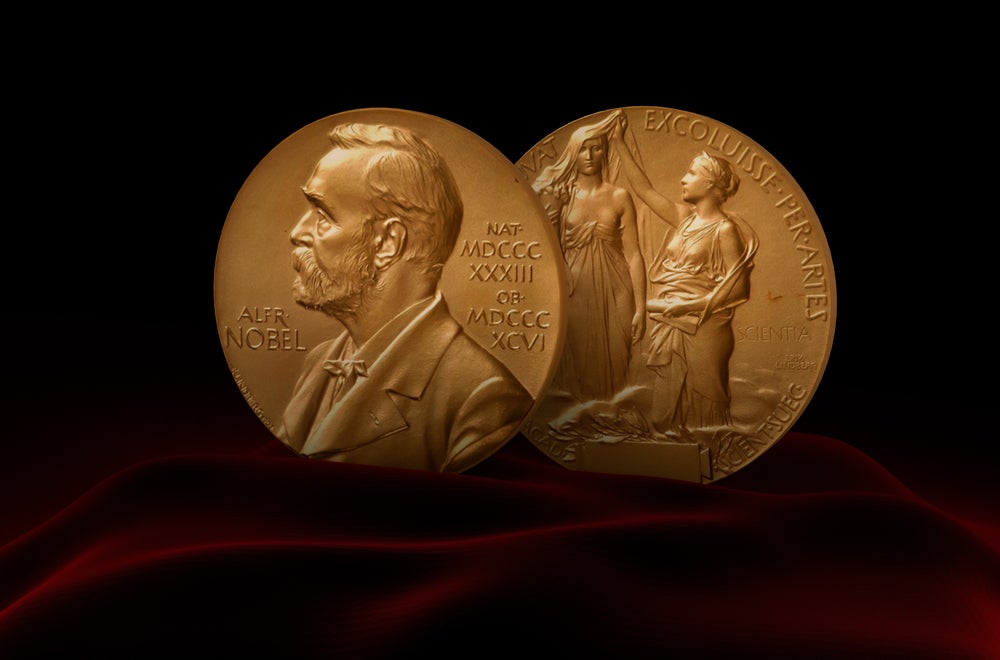
The Nobel Prize in Physiology and Medicine has been awarded to two scientists whose research allowed for the development of mRNA vaccines crucial to the fight against Covid-19.
The Sweden-based Nobel Assembly at Karolinska Institutet has awarded the prestigious accolade to Katalin Karikó and Drew Weissman for their work on nucleoside base modifications, which established the understanding of how and when the immune system identifies mRNA constructs as foreign entities.

Discover B2B Marketing That Performs
Combine business intelligence and editorial excellence to reach engaged professionals across 36 leading media platforms.
This insight was crucial to develop mRNA vaccines that would go on to form the basis of Pfizer and Moderna’s Covid-19 mRNA vaccines.
A spokesperson for the Nobel Committee said that the pair’s work was has “fundamentally changed our understanding” of how mRNA interacts with the immune system. The two researchers met in the 1990s at the University of Pennsylvania where the Hungarian-born Katalin Karikó worked as an assistant professor alongside American-born researcher and immunologist Drew Weissman.
The method developed by the pair meant that mRNA could be detected by the body’s immune system, allowing it to deliver its intended alterations. Later when mRNA vaccines were developed through the 2010s, they were initially unstable and challenging to deliver, requiring the development of sophisticated carrier lipid systems to encapsulate the mRNA.
A spokesperson for the Nobel Committee said: “The discoveries by the two Nobel Laureates were critical for developing effective mRNA vaccines against Covid-19 during the pandemic that began in early 2020.

US Tariffs are shifting - will you react or anticipate?
Don’t let policy changes catch you off guard. Stay proactive with real-time data and expert analysis.
By GlobalData“Through their groundbreaking findings, which have fundamentally changed our understanding of how mRNA interacts with our immune system, the laureates contributed to the unprecedented rate of vaccine development during one of the greatest threats to human health in modern times.”
The development has meant that advances in vaccines can be made in a number of other conditions and diseases ranging from HIV and malaria to Zika and various kinds of cancers.
The award, shared jointly between the two winners, additionally comes with 10,000,000 SEK (£750,000).
Honouring the success, the UK Medicines and Healthcare Products Regulatory Agency (MHRA) has congratulated the pair, arguing that they have helped to protect millions around the world. Dr. June Raine, MHRA chief executive, said: “We’ve all learned what’s possible when we apply the collective strength of the brilliant life sciences sector, and agile, enabling regulation, to our common goal of providing the best benefit-risk balance and health outcomes for patients and the public.”



